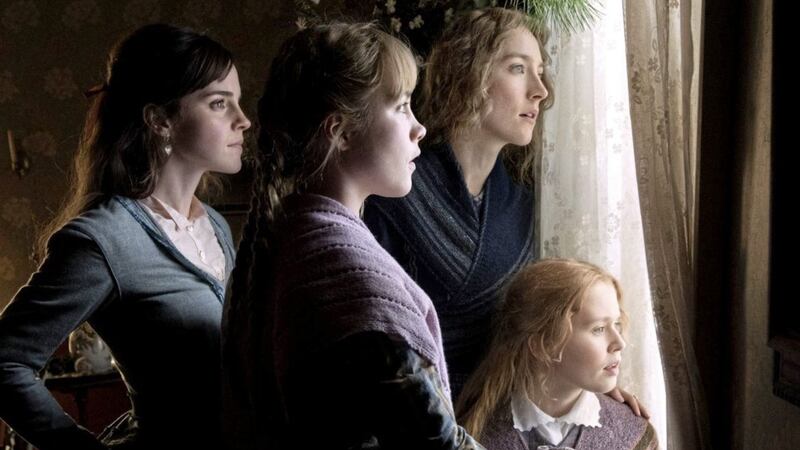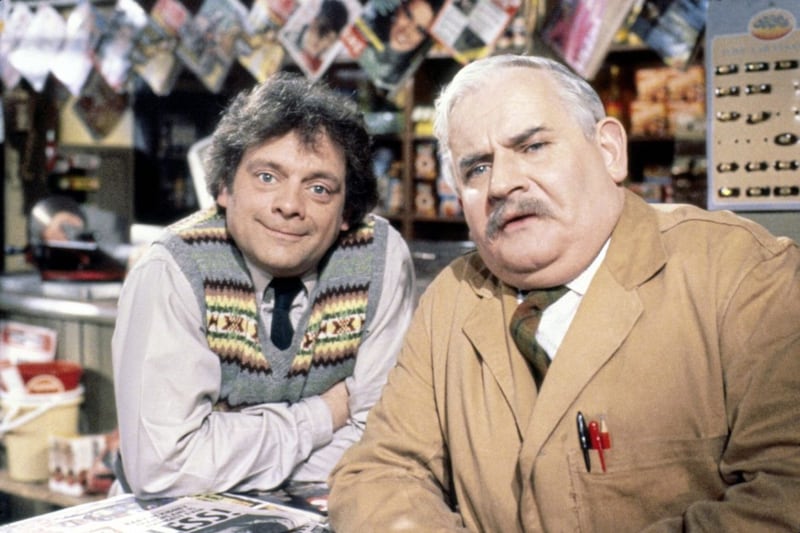My mother was a typical woman of her generation, a stay-at-home wife and mother whose life revolved around her family.
By modern standards it was far from domestic bliss – a relentless round of cleaning, cooking, laundering, shopping and child-rearing, with few facilities. Even her leisure pursuits (knitting, sewing, crochet) were productive.
I rarely remember her without an apron, a damp cloth in one hand, a yellow duster in the other. Only in her latter years did she tell me of her early life. As the eldest of eight with a ‘delicate’ mother, she was introduced young to domesticity, standing on a stool making wheaten bread.
Later, as a fully-fledged Domestic Science teacher, she never taught a day after she married, because married women weren’t allowed to teach. Like many of her peers, she sacrificed ambition and sublimated all her talents into domesticity, duty and dependence, but she fostered in her children the will to aspire and achieve and lived long enough to see us succeed in a less restrictive era.
Only once, towards the end of her life did she express her disappointment at all her unrealised potential, her secondhand identity as ‘the Master’s wife’ and what might have been, were it not for the sacrifices she made for us children.
Lately, I listened in growing disbelief to a radio interview with a self-confessed ‘traditional wife’ – an articulate and well-educated young woman whose chosen career is ‘housewife’. She regards her husband as head of the household, consults him on all decisions, lets him take the lead. He’s in control of ‘large things’, like bills, domestic budget; she accounts for her spending of it. He plans for the future; she trusts him.
Her husband, she declares, comes first, their children second. He is “central to our lives,” she says, “valued, celebrated and cherished.” (There are men reading this, incredulously muttering “I wish…” under their breath.)
And what is her role? Cleaning, cooking, laundry, the school run, supervising homework, regular nourishing meals –‘ a grimly exhausting and repetitive grind. Somewhat fuzzily she describes this as “not a partnership, but shared responsibility.”
I’ll tell you what I think. It’s the abandonment of aspiration and ambition for a life of undeveloped potential, intellectual atrophy, stultifying boredom, total financial dependency and a complete surrender of autonomy. That’s not living – that’s existing. Far be it from me to judge. It’s her choice after all – and if he runs away with some sharp-suited, intellectually stimulating female executive, nobody’ll be a bit surprised.
My early adulthood coincided with a feminist movement that gathered increasing momentum and grew ever more strident until they got most, but not all, they demanded. It’s still a work in progress. ‘Domestic Goddess’ is a title few liberated women want nowadays.
As with every new ‘ism’, it wasn’t long before opposition manifested itself in the form of ‘Surrendered Wives’, a short-lived movement preaching adherence to the traditional values of love, honour, obedience and apple pie. It swiftly evaporated when they realised they were on a losing wicket.
We’re only three generations from a time when wives were regarded as ‘chattels’. Parity of esteem is what women fought for and have (very nearly) won; a partnership of equals predicted on give and take in equal measure. It only works of course if the perfect man marries the perfect woman – and where are such paragons to be found?
The rest of us have to negotiate our own mutually acceptable terms and fewer women today are willing to settle for little lives of wasted potential.
I went to see the film ‘Little Women’, based on the 1868 classic story girls of my vintage were reared on.
Leaving aside the liberties taken by Hollywood, here were four faces of womanhood – placid, passive Beth, sensible, cautious Meg, vain, self-absorbed Amy, and every girl’s heroine, free-spirited Jo, kicking over the social traces to pursue her dream of independence and fulfilment. Alas, the battle for some women’s hearts and minds isn’t over yet...








